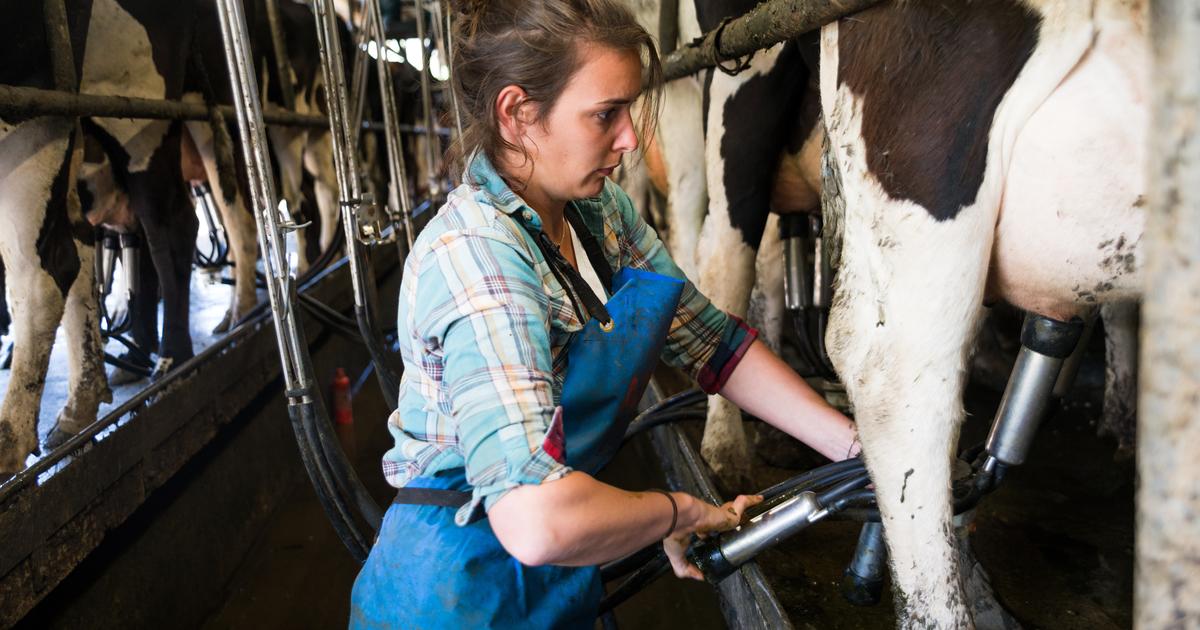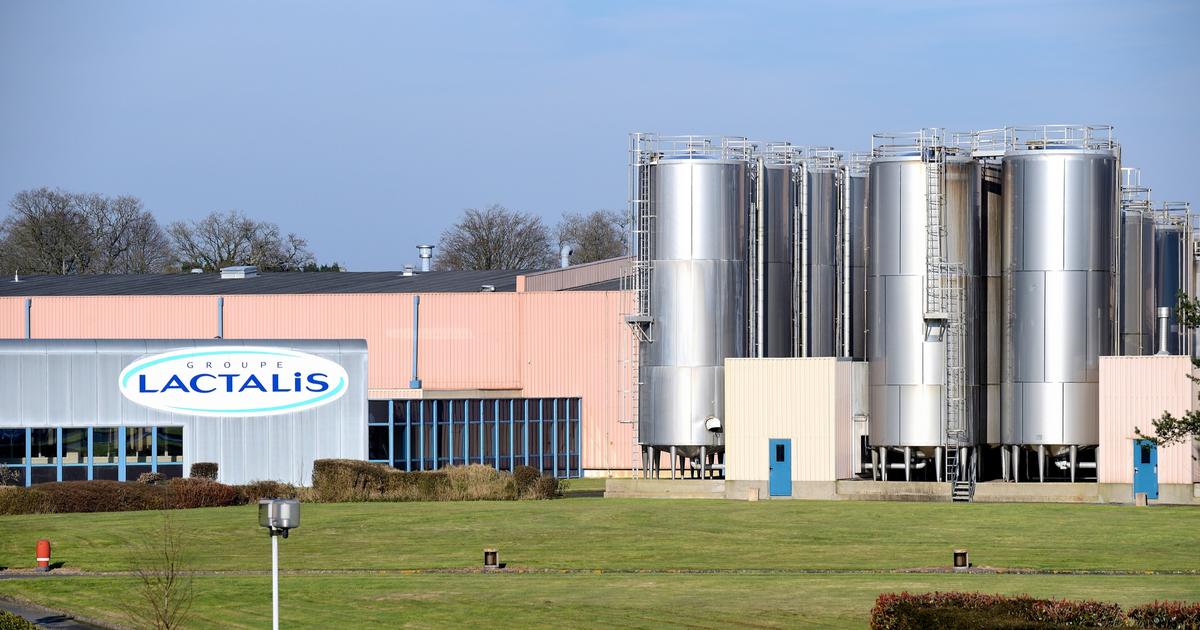The lull was only temporary.
In recent weeks, the price war has started again as in the good old days, to the point where the government has just banged its fist on the table.
Object of his wrath: while the annual negotiations between large-scale distribution and suppliers - including many SMEs - are in full swing and must be concluded before March 1, he noted strong tensions between each other and, above all , the persistence of very low prices - which are strangling producers - in the chains.
This will lead the Department of Fraud Control (DGCCRF) to strengthen its controls.
And an email address that has just been set up (signalement@agriculture.gouv.fr) will allow anyone who has noticed them on the shelves to report prices deemed too low compared to production costs.
"A very unbalanced balance of power"
Two weeks before the end of negotiations between the brands and the food industry, Dominique Amirault, the president of the FEEF (Federation of companies and entrepreneurs of France), which represents some 1000 SMEs in the sector, confirms that the atmosphere is polar.
"Once again, negotiations begin straight away on a demand for lower prices, even as the costs of many companies have increased, under the double impetus of the Covid (which requires more protective equipment) and the increase in the price of certain raw materials.
"
A situation that is all the more complicated to manage for SMEs, he warns, that "the balance of power between small structures which often play their game and the giants of mass distribution is very unbalanced".
"They all ask us to lower our prices"
On condition of anonymity, the director of an SME that manufactures basic necessities shifts: “Never, in 40 years, have I known such a tense situation.
With the increase in durum wheat, our costs jumped 5%, on which we alerted the brands in October.
And yet, they all ask us to lower our rates by 1 to 3%, "chokes this business manager who, suddenly, has not signed any contract for the time being.
"The truth is that the large distributors just want to keep the huge margins they won in 2020", asserts the one who will surely have to separate from several employees next year and is convinced that "this movement will have repercussions on the food sovereignty of France ”, SMEs in difficulty being bought out by foreign competition.
The Egalim law, passed in early 2019, in the wake of the Food General Assembly, was supposed to put all of this in order and make it possible to better remunerate breeders, producers and SMEs in the sector.
“Distributors keep communicating saying that they have created a sector for milk, pork, etc.
but the real progress is weak and reaches only 5 to 10% of the volumes, we are very far from the account ”, estimates Patrick Benezit, the deputy secretary general of the FNSEA, who nevertheless cites some initiatives such as the products. the boss?!
(milk, butter, ham, compotes, sardines etc.), which remunerate producers at a "fair price".
Prices have gone down again since June 2020
"Distributors' profits have jumped but SMEs do not see the color," confirms Dominique Amirault, of the FEEF, who points to another perverse effect of the Egalim law for SMEs.
“As they cannot advertise and their brands are little known, the only way for them to make a difference on the shelves is through promotions.
However, these being limited, they are therefore less visible than before ”, regrets the one who underlines a“ situation all the more paradoxical as consumers, them, plebiscite these SMEs in whom they trust ”.
Even if the Egalim law had resulted in a lasting revaluation of food prices ... "but after a price increase of 0.9% in 2019, prices have started to fall again since June 2020", underlines Emily Mayer, of the 'IRI Institute.
In short, it is the return of deflation.
"In January, the price of food products affected by the Egalim law fell again by 0.41% over one year," recalls this expert.
After raising the prices of their branded products to remain within the nails of the law, distributors have, in fact, chosen, to remain attractive to their customers, to reduce the prices of their private labels this time.
The crisis has weakened many households
Here it is, the heart of the matter: more than ever, brands continue to fight against each other over low prices and other exceptional offers.
"Let us be clear: this is what consumers want, defends a distributor who wishes to remain anonymous, for fear of reprisals from farmers.
When the rent or the electricity tariff increases, the French can do nothing about it, while food is for them an adjustment variable: they are ready to change brand to benefit from a particular promotion, and even more since the Covid crisis has weakened many families, ”he argues.
And to cite the case of this sold-out Nutella which had caused a riot in an Intermarché not so long ago ...
Newsletter It pays me
The newsletter that improves your purchasing power
Subscribe to the newsletterAll newsletters
The latest advertisements from the main brands, praising which attractive prices, which your “purchasing superpowers”, show in any case that the price war is still in full swing. "In this context, asking consumers to report labels that are too low in stores, it's just a joke", gets carried away Patrick Benezit of the FNSEA, who "expects much more from the government in terms of regulation".









